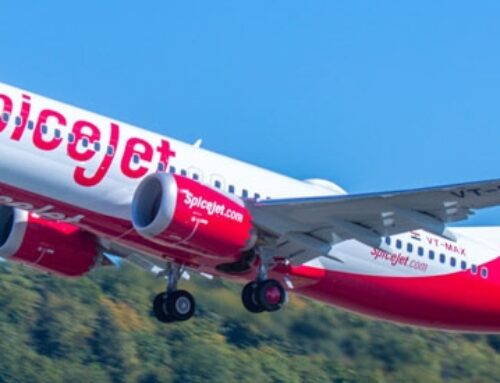
Qantas Group has officially retired its last Boeing 767 aircraft, marking the end of an era for the airline’s operations with this type. The final revenue flight, operated by subsidiary Express Freighters Australia for Qantas Freight, took place on May 17, flying from Hong Kong International to Sydney Kingsford Smith Airport under flight number QF7526. The aircraft involved was a Boeing 767-300F, registered as VH-EFR (msn 33510).
Since its introduction in 1985, the Boeing 767 has been a significant part of Qantas’ fleet, serving both passenger and freight routes. The airline ceased passenger services with the Boeing 767 in 2014 but continued to utilize the aircraft for freight operations. VH-EFR had been flying under Qantas Freight since 2011 but was made redundant following the acquisition of more fuel-efficient aircraft, including two A330-200(P2F)s and several A321-200(P2F)s.
The phasing out of the Boeing 767 is part of a broader fleet modernization plan at Qantas Group, which also includes retiring its remaining Boeing 737-300(F) and Boeing 737-400(SF) later this year. These planes are also operated by Express Freighters Australia for Qantas Freight.
Looking ahead, Qantas Group is set to enhance its freight capabilities with the expected arrival of additional cargo aircraft. The airline anticipates the delivery of one more A330F and four more A321Fs in the near to medium term. This will bring its fleet to three A330-200(P2F)s and nine A321-200(P2F)s, significantly boosting its cargo handling capacity.
Besides these newer freighters, Qantas’ operations also rely on a diverse array of wet-leased aircraft, including two Boeing 747-400FSCDs from Atlas Air, three BAe 146-200(QT)s, and two BAe 146-300(QT)s from Pionair Australia, one BAe 146-300(QT) from National Jet Express, and a Saab 340(F) from Pel-Air Aviation.
This strategic shift not only underscores Qantas Group’s commitment to upgrading its fleet with more efficient and modern aircraft but also reflects the airline’s ongoing efforts to adapt to changing market dynamics and environmental considerations in the aviation industry. With the retirement of the Boeing 767, Qantas closes a significant chapter in its history while paving the way for a more sustainable and efficient future in air freight services.







